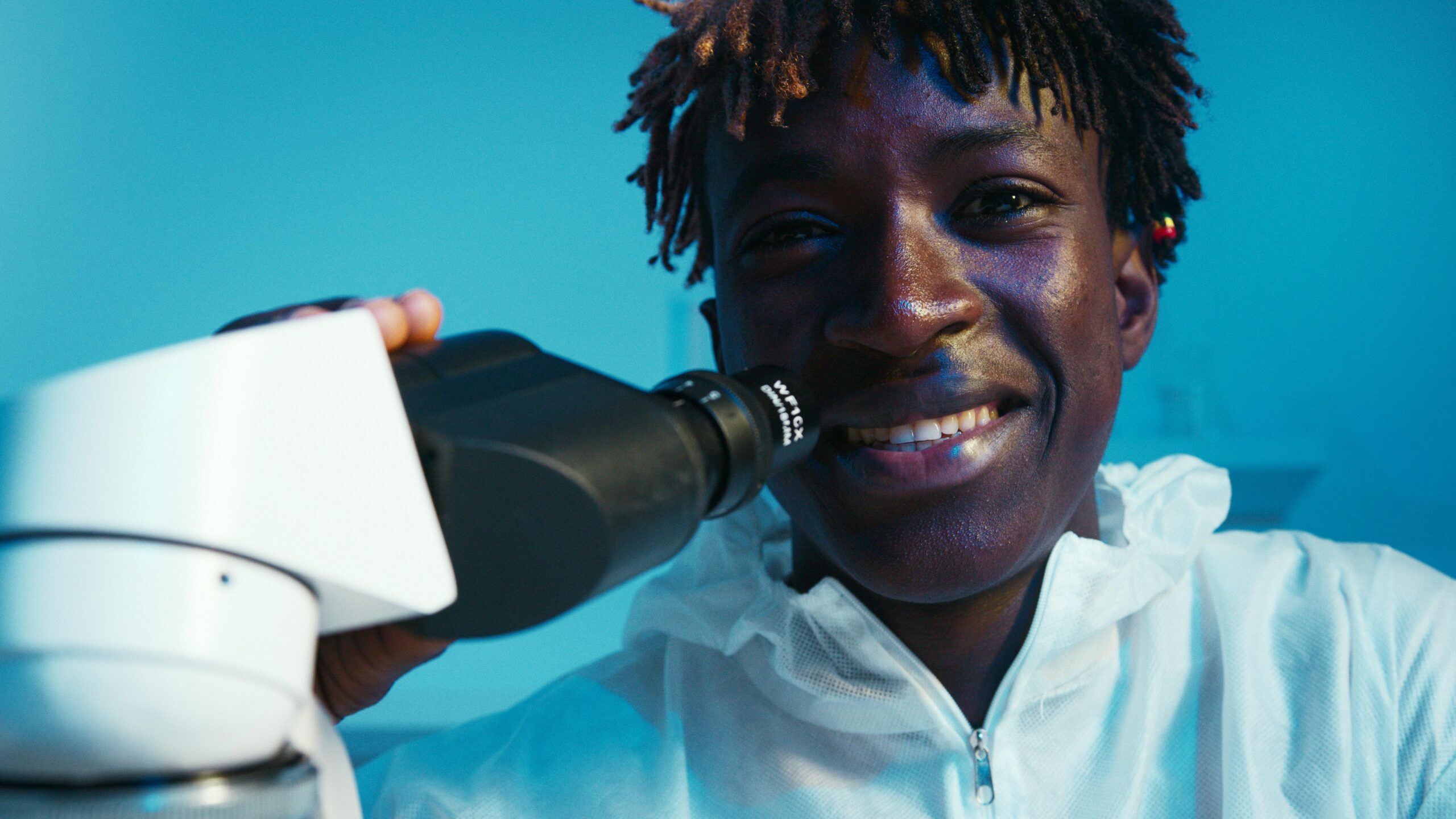HIV Testing: The First Step to Staying Healthy
The only way to know if you have HIV is by taking a test. Many people live with HIV for years without knowing they have it. During that time, they can unknowingly pass it to others or fall sick without understanding why.
HIV testing is free, quick, and available across Uganda. Whether you feel fine or not, getting tested is one of the best things you can do for your health and for the people you care about.
You can ask your own question to a licensed healthcare provider here for free. It may take up to 7 days to get an answer. If you want a consultation in minutes, book now with Hope+ our premium and best health consultation service in Uganda.
Let’s break it down.
Why Testing Is So Important
HIV testing is not just about finding out your status. It’s about starting early, living longer, and protecting others. If you test positive, you can start treatment immediately. This helps your immune system stay strong and lowers your chance of passing the virus to anyone else.
If you test negative, you get peace of mind and advice on how to stay that way.
The earlier HIV is caught, the better the outcome.
When Should You Get Tested?
In Uganda, HIV testing is offered at every level of healthcare. Whether you visit a clinic for a fever, antenatal care, a family planning visit, or even just for a general check-up, a health worker may suggest an HIV test. This is called provider-initiated testing.
You can also walk into a clinic and ask for a test at any time. No one should ever be denied testing if they ask for it.
Some situations where testing is especially important include:
- If you had unprotected sex with someone whose status you don’t know
- If your partner has tested positive
- If you are pregnant or breastfeeding
- If you have symptoms that are not going away
- If you have another sexually transmitted infection (STI)
- After sexual assault
- If you shared sharp objects like razors or needles
Do You Need Consent or Counselling?
Yes. Before and after an HIV test, the health worker should give you counselling. This means they will explain what the test is for, how it works, and what your result means. You should also be asked to give consent, which means agreeing to be tested.
However, there are a few special situations where a test may be done even without full counselling or consent:
- If a person is unconscious, very sick, or mentally unwell, and the test will help doctors give better treatment
- For pregnant or breastfeeding women, sexual offenders and survivors, or blood/tissue donors, where testing is part of routine care to protect others
Even in these cases, people should be told their results and supported after testing.
What Kind of Test Is Done?
Most HIV testing in Uganda is done using antibody tests. These are simple blood tests that check whether your body has made antibodies to HIV.
But there is something important to know. After someone is exposed to HIV, the body takes some time to produce enough antibodies to be picked up by the test. This is called the window period.
If you had a possible exposure in the past 3 months and your test comes back negative, the health worker may ask you to come back after 3 months for another test, just to be sure.
What Happens If the Test Is Positive?
If your test is positive, you must be linked to HIV care services immediately. That means you will meet with a trained health worker, receive counselling, and start antiretroviral treatment (ART) as soon as possible.
You will not be alone. Thousands of Ugandans are living healthy lives with HIV because they started treatment early. You can too.
What If the Test Is Negative?
If you test negative, that is good news. But you should still take steps to protect yourself, especially if you think you may be exposed in the future. This includes using condoms, limiting the number of sexual partners, avoiding sharing sharp tools, and considering male circumcision.
If you were recently exposed, repeat the test after three months.
Final Word
HIV testing is the beginning of everything. It is your chance to take control of your health, no matter your result. The test is free, private, and available at most health facilities in Uganda.
You do not need to feel sick to get tested. And you do not have to wait for permission. You deserve to know your status and make informed decisions about your life.
If you have questions or want to talk to someone first, you can ask right here on Hope.co.ug. We are here to simplify health information and connect you to trusted care.


